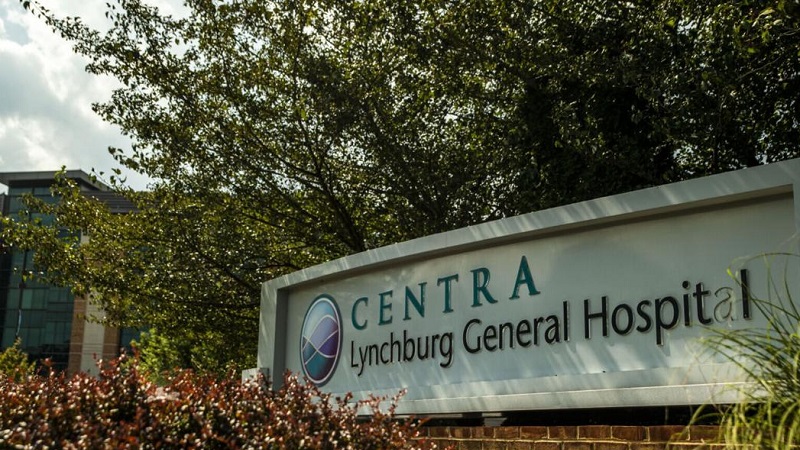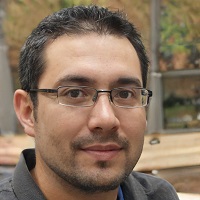Virginia
Centra Health introduces new initiative to stop human trafficking in Central and Southern Virginia

Lynchburg, Virginia – Centra Health at Lynchburg General Hospital is actively fighting human trafficking.
“Over 80% of trafficking victims who see some type of help, are not identified… So we don’t want that to be our community,” said Joy Cover, President of Freedom 4/24.
With years of arduous labor, Cover with Freedom 4/24 and April Rasmussen’s committed team of forensic nurses create specialized policy and training initiatives to deal with the problem.
“Our anticipation with training the medical community is that they can start asking the right questions, acknowledge when something is happening, and just have a questioning attitude,” said Rasmussen.
Under the program, Centra’s emergency department doctors and behavioral health professionals would have to undergo training on human trafficking prevention and how to spot victims of trafficking.
Centra has designed its educational curriculum to comply with Texas’ requirements, which mandate that healthcare providers complete human trafficking prevention training to receive state credentialing. This ensures that Centra’s training satisfies the requirements and helps the company prepare for future legislation in Virginia.
Centra’s professional development team is presently examining the program. Doctors and advanced practitioners can receive two hours of credit toward Continuing Medical Education (CME) by attending an in-person session after being approved. In addition, a one-hour CME credit course will be available to nurses, and other training opportunities are planned down the road. Online courses are anticipated to come next.
“You know these patients many times they’ve been in all types of trafficking situations from childhood to adulthood, and they’re really going into some major medical issues from that and have had communication with the medical community that has been in a medical light and hasn’t been supportive. So they are already scared to come forward to the medical community and we are really trying to change that,” said Rasmussen.
According to Rasmussen, the victim and the trafficker are frequently acquainted. Coming out may be difficult due to these and other reasons.
“It’s so important that you talk to these patients in a way that makes them feel comfortable and safe. They’re at a situation where it may not be the easiest conversation or the easiest communication. And so you don’t want to do anything that’s going to mess it up basically, and make the situation worse,” said Rasmussen.
The lessons would initially be available to Centra employees before being extended to other hospitals. The anticipated commencement date of classes is June 29.
The use of non-central providers will incur a cost.
-

 Local News2 weeks ago
Local News2 weeks agoThe real estate tax rate in Roanoke City won’t go upward
-

 Local News1 week ago
Local News1 week agoVirginian airline passengers have a year to obtain a REAL ID
-

 Local News2 weeks ago
Local News2 weeks agoFriends of Washington Park exchange tales and future plans for the Roanoke Caretaker’s Cottage
-

 Local News1 week ago
Local News1 week agoContinued community walk by the Roanoke Police Department promotes pedestrian safety
-

 Local News2 weeks ago
Local News2 weeks agoNeighbors in shock after antisemitic hate flyers spread across Southwest Roanoke
-

 Local News2 weeks ago
Local News2 weeks agoVirginia Tech detains pro-Palestine demonstrators
-

 Local News1 week ago
Local News1 week agoDue to recent zoning changes, residents in Roanoke are suing the city
-

 Virginia6 days ago
Virginia6 days agoThe team from Team Rubicon comes back to Pulaski County to assist with firefighting






Leave a Reply